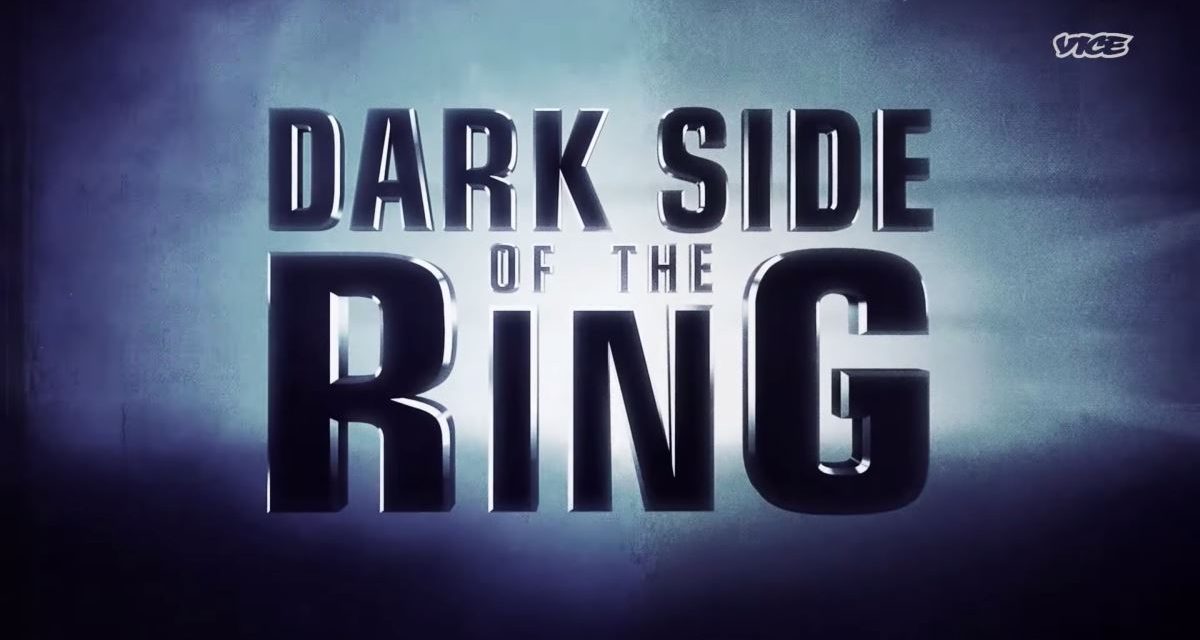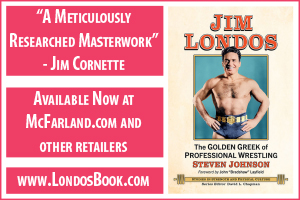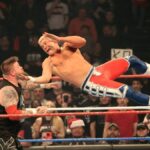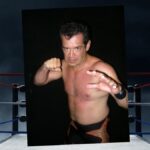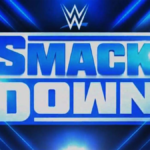Dino Bravo was found murdered on March 10, 1993. Bravo’s connections to organized crime in Quebec dominated the headlines after the fact, but it was never established what exactly led to the murder of the former WWF star and International Wrestling co-owner. This week’s Dark Side of the Ring attempted to make the connections in “The Assassination of Dino Bravo.”
This episode opened with a brief family story of Dino Bravo by his widow Diane Rivest and daughter Claudia Bresicano. Tony Mule and Gino Brito, former co-owners of Montreal’s International Wrestling alongside Bravo, describe working alongside Bravo while “The Mountie” Jacques Rougeau tells of leaving International Wrestling because of the ceiling placed on his status while wrestling under Bravo. It was made clear that Bravo was a star though, leading to a potential co-promotional dream match that never came to fruition between Bravo and the WWF’s Hulk Hogan.
His career trajectory charted by SLAM! Wrestling’s own Pat Laprade, Bravo decided to try and compete, but ended up in the WWF alongside talent that Vince McMahon had poached from the Montreal territory. Eventually aging past his prime and never reclaiming the star power of his region, Bravo ended up not renewing an expiring contract with the WWF.
Looking to maintain the lifestyle that a WWF contract brought him, Bravo turned towards an organized crime connection with Quebec’s Cotroni family. Working as a debt collector and enforcer, Bravo eventually found himself on the wrong side of a business deal that ended with him murdered in his own home.
This is where this week’s episode excels, as Montreal crime reporters Andre Cedilot and Claude Poirier break down in fascinating detail the contraband cigarette enterprise that Bravo found himself tied up in. Explaining a potential skimming of product or a failure to deliver that ended up costing the mafia $400,000 after a warehouse seizure, the true crime element of the story ends up being the most interesting part of the episode. With the help of a 2007 Rick Martel video interview after he declined to be a participant in this episode, the events leading to Bravo’s murder are given a good outline.
One theme that has been constant in this season of Dark Side of the Ring is examining how the culture of professional wrestling has a knock-on effect in all of these stories. For Bravo, the desperation caused by having to shutter International Wrestling drove him to the WWF and him having to leave the WWF drove him into a cycle of desperation that may have ended up being his demise. In doing this, a good narrative is made of Bravo as a man who ended up being in way over his head.
This episode does a good job of establishing the importance of Bravo to wrestling in Montreal, explaining his decline, and painting a vivid picture of a regional criminal underworld that Bravo found himself caught in. While it may not reveal any revelations for wrestling fans, it is a decent hour that balances wrestling history with true crime and the collision of the two.
